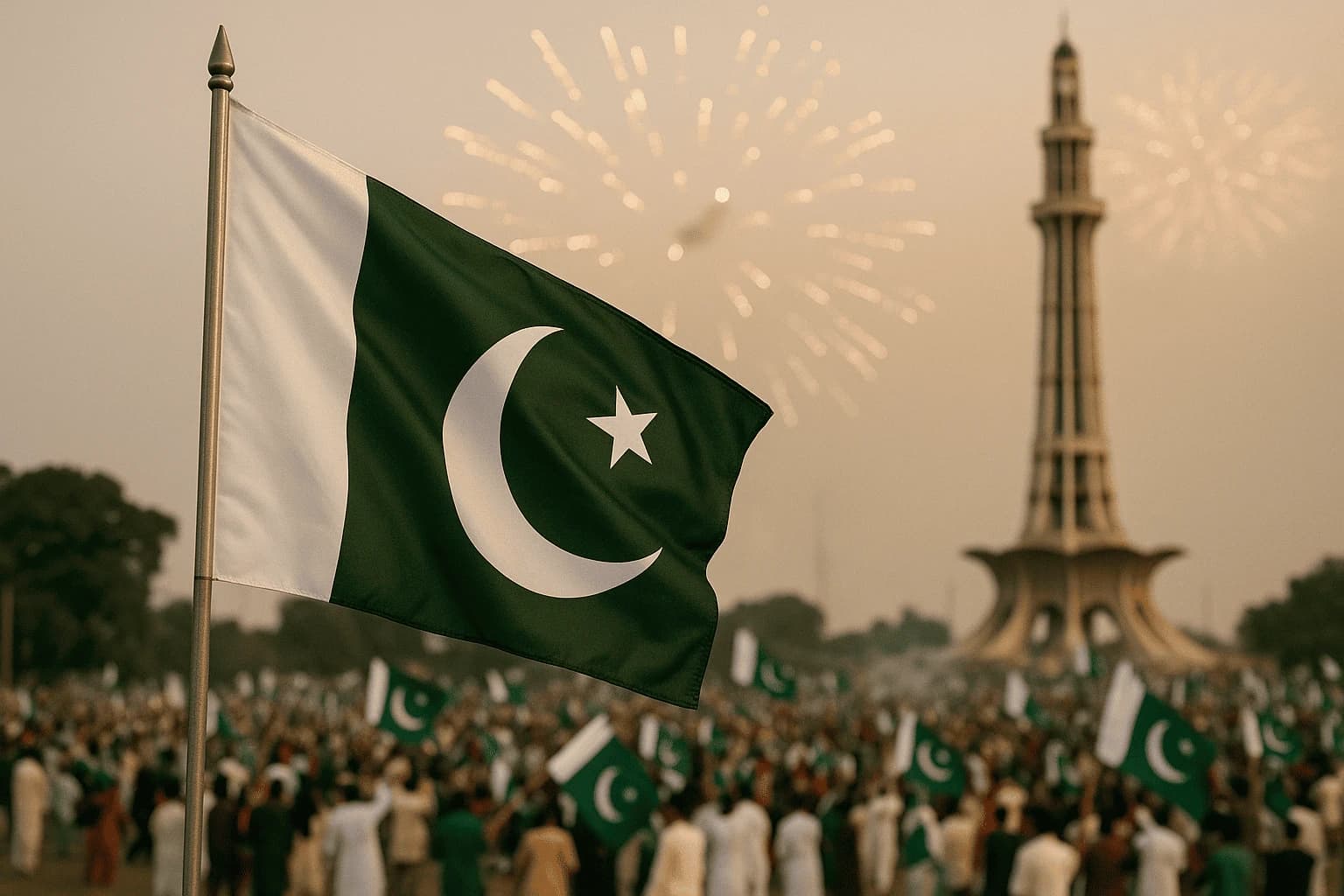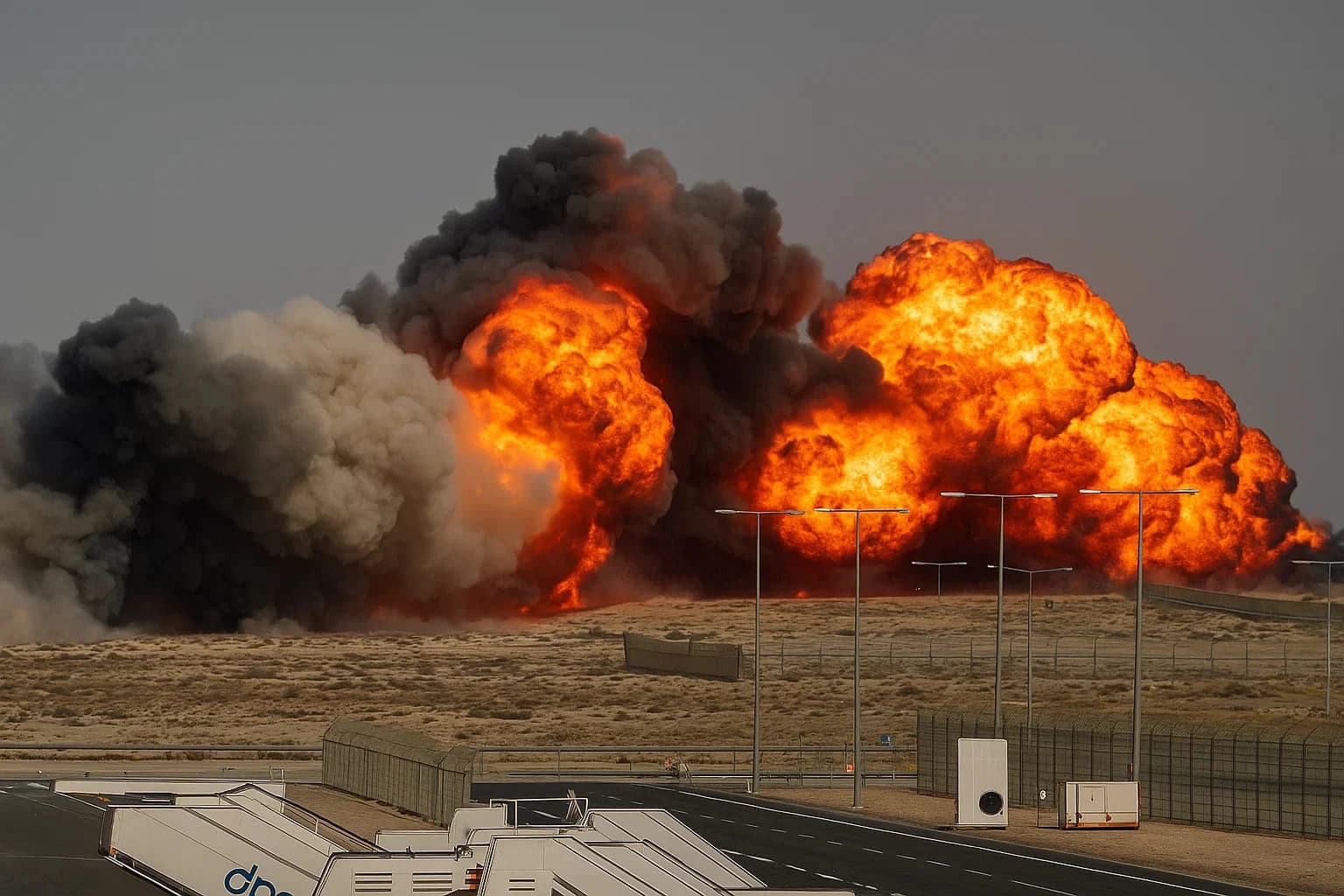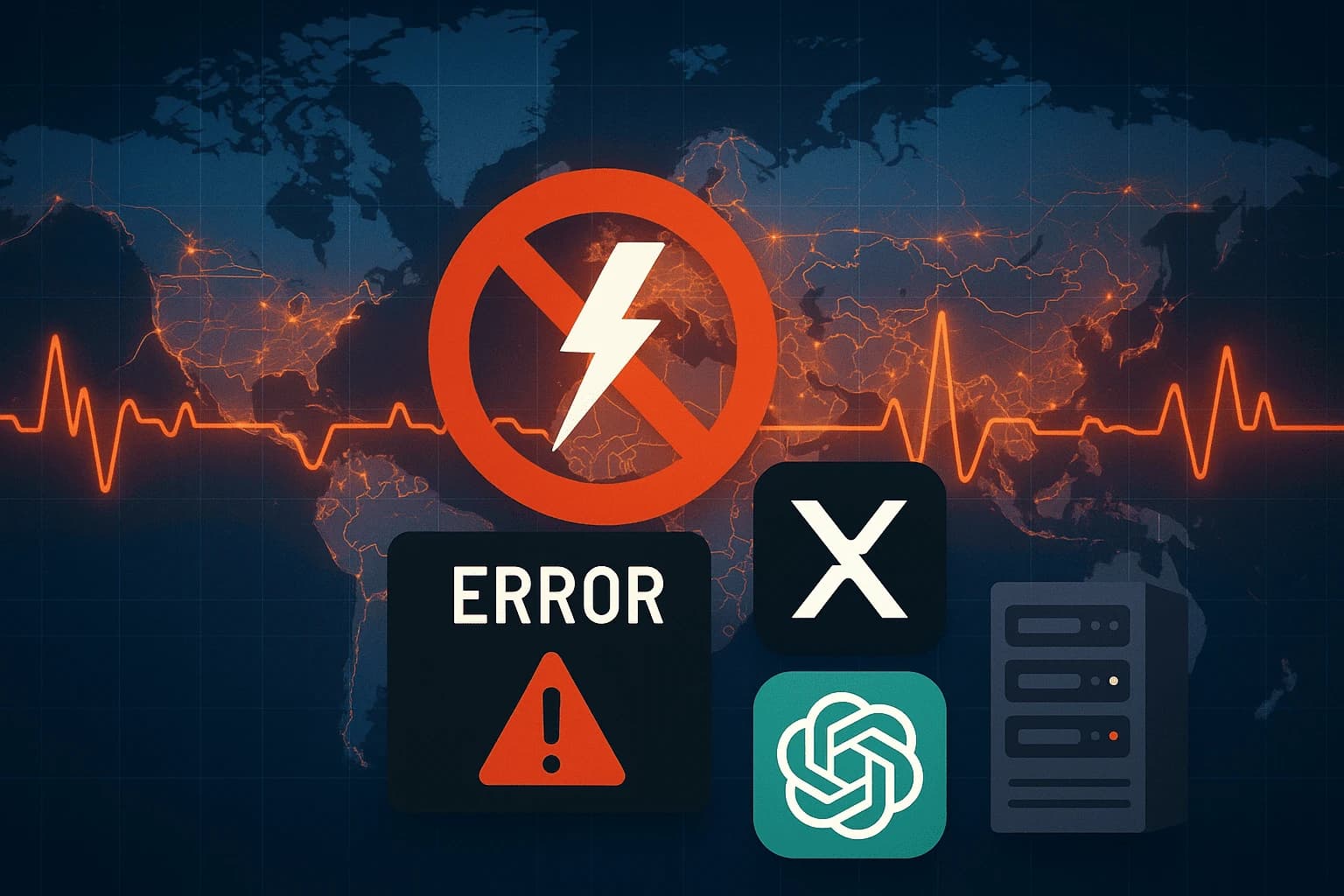© 2025 Roz UpdatesbyTETRA SEVEN

* All product/brand names, logos, and trademarks are property of their respective owners.
On May 28th, Pakistan commemorates Youm-e-Takbeer, a day etched into the national consciousness as a symbol of strength, sovereignty, and scientific achievement. This significant occasion marks the successful nuclear tests conducted in 1998, which elevated Pakistan into the ranks of nuclear powers and established its strategic deterrence in the region. Youm-e-Takbeer, meaning "The Day of Greatness" or "The Day of God's Glory," is not only a celebration of technological triumph but also a reminder of the sacrifices and determination that led to this historic milestone.
As 2025 unfolds, Youm-e-Takbeer takes on renewed relevance. With regional dynamics shifting and national discourse focusing increasingly on self-reliance and defense modernization, this day serves as a focal point for national unity. It's a time to reflect on how far Pakistan has come since that pivotal afternoon in Chagai, Balochistan, where the mountains trembled but the nation stood tall with pride. It’s also a moment to honor the visionaries—scientists, policymakers, and military strategists—whose combined efforts made the impossible a reality.
In 2025, the commemorations are expected to be even more vibrant, as the nation celebrates not only the past but also the continued progress in defense technology, nuclear safety protocols, and international diplomacy. Schools, universities, media outlets, and government institutions are gearing up for a series of events, exhibitions, and tributes. From televised documentaries to nationwide essay competitions, the spirit of Youm e Takbeer is poised to inspire a new generation of Pakistanis.
This blog will explore the rich history behind Youm-e-Takbeer, its continued significance in the modern geopolitical context, and the diverse ways in which Pakistanis across the country celebrate this powerful day of national pride.
The journey to May 28, 1998, was paved with geopolitical challenges and national urgency. Following India’s nuclear tests in Pokhran in May 1998, Pakistan was left with limited options. The balance of power in South Asia tilted dangerously, and the public, along with key defense stakeholders, demanded an assertive response.
Pakistan's nuclear ambitions were not born in retaliation alone. The seeds were sown as early as 1974, after India’s first nuclear test. Successive governments had quietly backed nuclear development as a long-term strategic necessity. By the late 1980s and 1990s, Pakistan had developed a robust framework for its nuclear capability, albeit under strict secrecy. With international pressure mounting and economic sanctions looming, Pakistan stood at a crossroads. Eventually, the decision to proceed with nuclear testing was taken, asserting national sovereignty over external diplomatic pressures.
On May 28, 1998, the barren mountains of Chagai, Balochistan, witnessed history. Under the supervision of top Pakistani scientists and security personnel, five underground nuclear tests were successfully conducted. These were not only scientific marvels but also engineering feats, executed in highly secure and challenging conditions.
The Pakistani leadership, particularly Prime Minister Nawaz Sharif and nuclear physicist Dr. Abdul Qadeer Khan, played pivotal roles. The tests were conducted in Rasko Hills and were immediately hailed as a demonstration of Pakistan’s technological and strategic maturity. The mountains turned white due to the intense heat of the explosions—a moment immortalized in imagery and patriotic memory.
Globally, the reaction was mixed. While some nations condemned the act and imposed sanctions, others acknowledged Pakistan's right to security parity. Domestically, the mood was euphoric. The tests provided a psychological boost to a nation grappling with economic uncertainty and regional hostilities.
Dr. Abdul Qadeer Khan, often referred to as the father of Pakistan’s nuclear bomb, was instrumental in establishing the scientific backbone of the program. His work at the Khan Research Laboratories (KRL) and collaborations with other top scientists like Dr. Samar Mubarakmand helped materialize Pakistan’s nuclear dream.
On the political front, Prime Minister Nawaz Sharif made the bold decision to conduct the tests, knowing well the consequences in terms of international sanctions. His leadership is often credited with asserting Pakistan’s sovereignty at a crucial juncture in its history.
Together, these individuals, along with countless unnamed engineers, scientists, and military personnel, formed the backbone of Pakistan’s nuclear capability, making Youm-e-Takbeer a testament to national resolve.
In 2025, the Pakistani government and armed forces are observing Youm-e-Takbeer with renewed enthusiasm and grandeur. Official ceremonies are being held at the national and provincial levels, often attended by high-ranking officials, military personnel, and political leaders. The day starts with flag hoisting ceremonies, followed by military parades and special prayer sessions for national unity and strength.
The President and Prime Minister deliver televised addresses, reflecting on the importance of May 28 and reiterating Pakistan's commitment to maintaining a credible minimum deterrence policy. The armed forces also display missile and defense system exhibits in various cities, showcasing technological advancements and reinforcing the message of strategic preparedness.
Furthermore, the Ministry of Information and Broadcasting has partnered with state-run and private media channels to air exclusive documentaries, interviews with defense analysts, and previously unreleased footage from the Chagai tests. This multimedia storytelling approach reinforces public engagement and ensures the day resonates across generations.
Across Pakistan, educational institutions play a central role in keeping the spirit of Youm-e-Takbeer alive among the youth. Schools and universities organize debates, seminars, essay writing competitions, and themed assemblies that emphasize patriotism, scientific innovation, and historical context.
In Punjab, Sindh, Khyber Pakhtunkhwa, and Balochistan, regional governments coordinate with local education departments to hold special events. In Lahore and Islamabad, academic panels discuss the geopolitical implications of the 1998 nuclear tests, making the day not just one of celebration but also learning.
Civic organizations and youth forums, such as the Youth Diplomacy Forum and National Students Federation, host discussions and publish tributes across social media platforms. The focus in 2025 is increasingly on inspiring future scientists and engineers to uphold Pakistan’s legacy in science and defense.
The digital realm has transformed how Youm-e-Takbeer is commemorated. Trending hashtags like #YoumETakbeer2025 and #PakistanNuclearPride dominate Twitter and Instagram. From memes to heartfelt posts and documentary-style reels, Pakistanis at home and abroad actively participate in the virtual celebration.
News outlets such as PTV, Geo News, and Dawn News run special transmission segments that revisit the history of the tests, highlight unsung heroes, and showcase ongoing advancements in nuclear safety and research. In collaboration with media houses, Pakistan's Ministry of Science and Technology also uses the occasion to spotlight new R&D achievements.
Many Pakistanis use this moment to reflect on national identity and resilience, sharing personal stories about where they were on May 28, 1998. This blend of nostalgia and forward-looking pride amplifies national sentiment, turning Youm-e-Takbeer into a dynamic cultural experience.
Youm-e-Takbeer is more than just a historical milestone—it's a living symbol of Pakistan's enduring spirit and quest for sovereignty. The successful nuclear tests of May 28, 1998, fundamentally altered the strategic landscape of South Asia and cemented Pakistan’s place on the global map as a responsible nuclear power. In the decades since, the significance of that moment has only grown, serving as a reminder of what unity, vision, and scientific determination can achieve.
In 2025, the celebrations surrounding Youm-e-Takbeer are vibrant and multifaceted, reflecting not only on the past but also envisioning a future anchored in innovation and self-reliance. From state-led ceremonies and military tributes to public discussions and youth engagement, the entire nation comes together in an expression of collective pride. The legacy of figures like Dr Abdul Qadeer Khan and the decision-making resolve of leaders like Nawaz Sharif remain central to national discourse.
But this day is also a call to action—an invitation for the younger generation to carry forward the torch of progress. In an age defined by rapid technological advancement and complex global challenges, Pakistan’s future rests in harnessing the same resilience and intellectual rigor that defined Youm-e-Takbeer.
As we honor this pivotal day, let it remind us of what we can accomplish when we believe in our nation’s potential. Let it guide our steps toward peace, preparedness, and prosperity. Happy Youm-e-Takbeer, Pakistan.

22 November 2025

18 November 2025
No comments yet. Be the first to comment!